You are here

What is Evaluating Instructional Leadership?
The Evaluating Instructional Leadership seminars are structured for long-term and ongoing success in districts. In these seminars, Julie and Ray Smith outline eight Recognized Practices (RPs) for Success in leadership coaching and evaluation.
EIL Outcomes
- Frequent feedback for school leaders with multiple opportunities for continuous improvement
- Specific, high-impact, research-based aspects of leadership performance in order to significantly increase student achievement
- The ability to describe in specific terms the difference between performance that is exemplary and performance that is proficient, progressing, or not meeting leadership expectations thereby establishing clear and fair expectations for present and future leaders
- Improvement across all levels of leaders, from the 20-year veteran to the most novice assistant principal
- Resources to train new leaders and to identify and hire prospective leaders
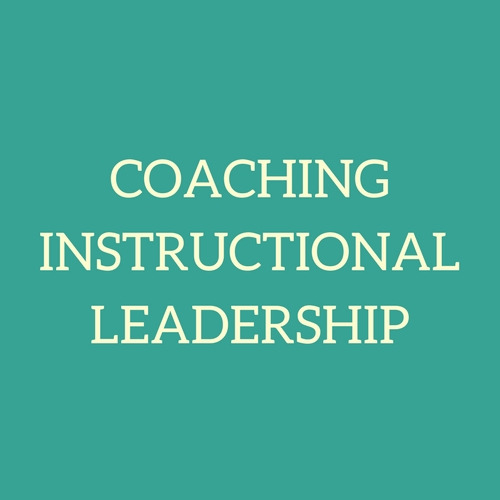
Recognized Practice 1:
Coaching Instructional Leadership
Coaching Instructional Leadership is a way to support leaders in assessing and improving their their Big Five Winner Practices: the practices that have the greatest impact on learning and student achievement. By engaging in rich, rigorous, and reflective open-to-learning conversations with a coach and colleagues, leaders continue to develop and grow as they construct meaning, reinvest their cognitive resources, and apply new learning in order to improve results.
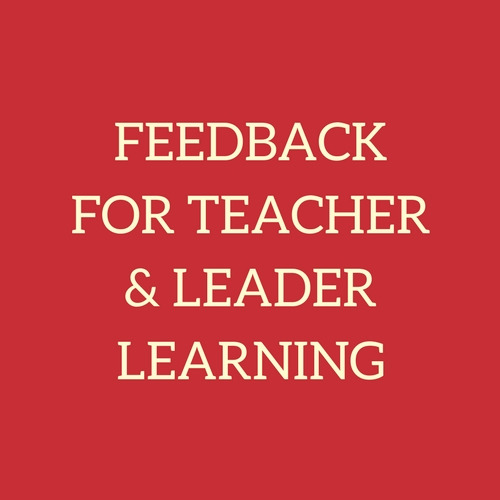
Recognized Practice 2:
Feedback for Teacher & Leader Learning
Providing both teachers and leaders formative evaluation feedback on the impact they are—or aren’t—having increases student achievement. Why is formative evaluation so powerful? Because organizations that provide effective feedback to teachers and leaders tend to have a culture focused on improvement, a willingness to seek evidence of their impact, and openness to powerful new ideas and strategies.
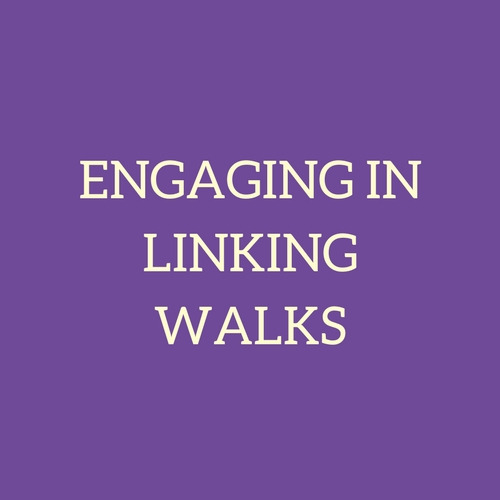
Recognized Practice 3:
Engaging in Linking Walks
Skilled leadership is needed to help teachers and school leaders link their accounts of their own teaching and leading to its actual or possible impact on particular students. Similarly, skilled leadership is needed to guide teachers and school leaders to link their discussion of students with features of the classroom and school environment and their own teaching and leading.
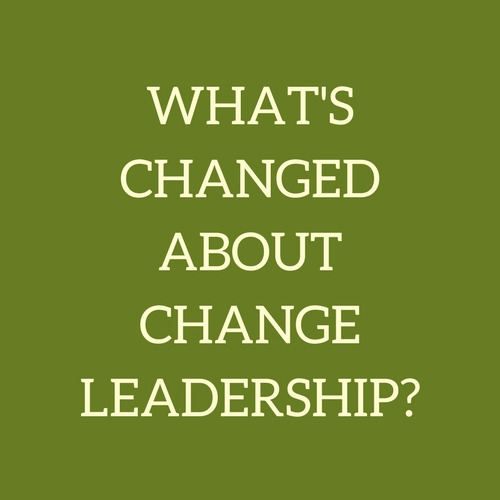
Recognized Practice 4:
What's Changed about Change Leadership?
This one-day professional development session is designed to help school and district leaders become familiar with and conversant in a variety of contemporary change leader concepts, paraphrase key aspects of the research on change leadership, and apply new learning by creating a rough draft of a change plan using the content learned from this presentation.

Recognized Practice 5:
Linking Practice to Impact/Deliberate Practice
The key behind deliberate practice is devoting time to improving the leadership skill, not just practicing the skill. Participants in this one-day seminar will learn how to develop and implement a Deliberate Practice Plan (personal growth plan) that will have a significant impact on adult and student performance in a school context.

Recognized Practice 6:
Activating Linking Talks With and Among Teachers
This seminar focuses on strategies school leaders can use to orchestrate debates with and among teachers about impact, how to know what impact looks like and how it can be evaluated in the school, how to build a coalition of success, how to coach teachers to know their impact and plan lessons based on evidence of impact, and how to engage students in these processes.
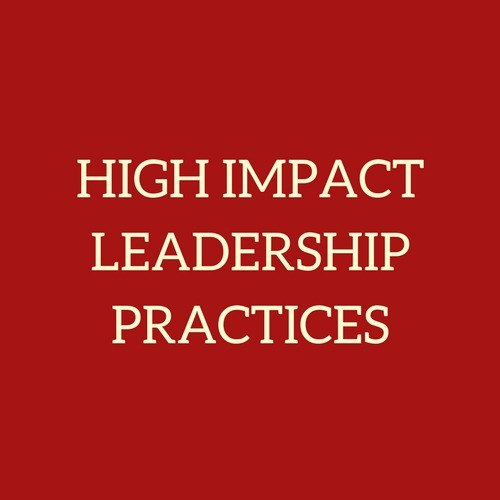
Recognized Practice 7:
High-Impact Leadership Practices
Over this two-day seminar, school and district leaders will have their learning grounded in current research and will apply what they have learned to their unique contexts. Leaders will focus on the organizational side of their responsibilities and discuss how best to manage their time and use it effectively.
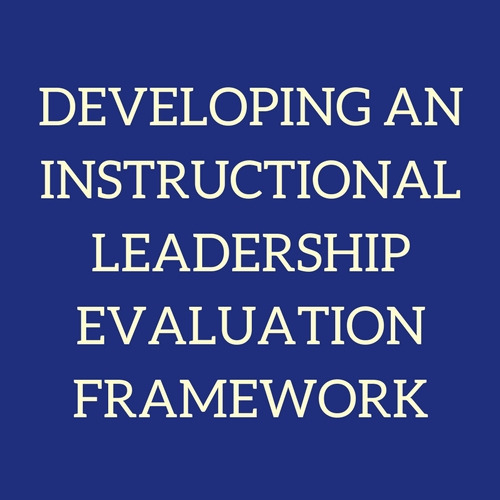
Recognized Practice 8:
Developing an Instructional Leadership Evaluation Framework
Nearly 60% of a school’s total impact on student achievement is attributable to effective teacher and principal practices (Seashore-Louis et al., 2010), with the impact of leadership alone being described by some as the single most important factor in moving schools forward (Fullan, 2010). Leaders will learn to adapt their current principal evaluation models to incorporate the practices defined in the Evaluating Instructional Leadership Framework.
Webinar: What Impact School Leadership Looks Like
Leaders tend to spread their time and energies around, investing in a variety of activities that seem worthwhile without realizing that roughly 80 percent of their leadership impact will come from only 20 percent of their leadership practices. The Smiths come together to show just how much leaders can improve leadership impact by allocating professional leadership time and resources more strategically.
Ready to get started?
Request a custom proposal from your Professional Learning Advisor.